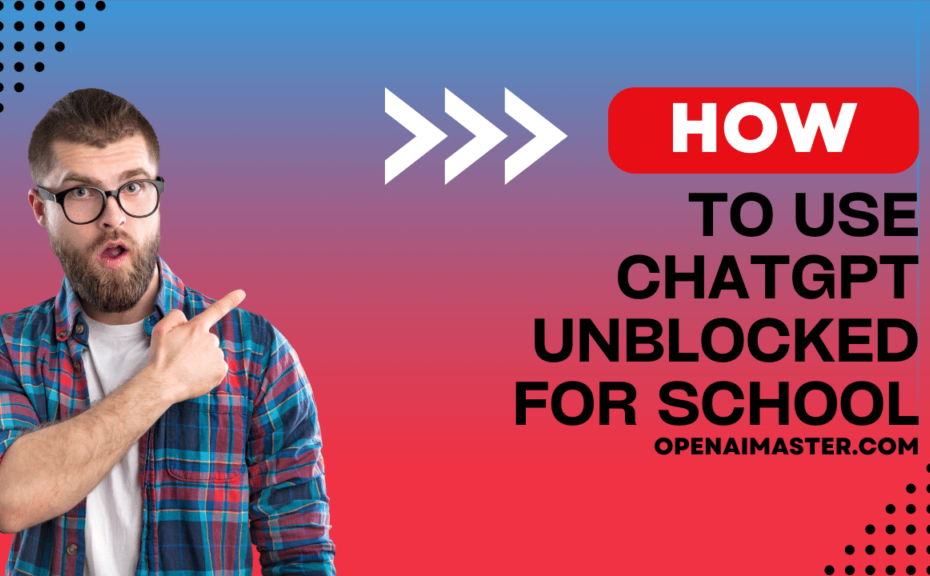Emerging AI systems like ChatGPT offer remarkable potential to enhance education. However, legitimate concerns remain regarding their appropriate use and oversight. Students and administrators would benefit from balanced, solutions-oriented dialogue on integrating such technologies.
Benefits and Risks of AI in Academics
ChatGPT represents an early stage of natural language AI that could enable more personalized, interactive learning. Students may use ChatGPT to:
- Receive detailed explanations and tutoring at their own pace.
- Gain feedback and ideas for improving essays or projects.
- Access broader sources and perspectives to enrich schoolwork.
However, risks of misuse exist:
- ChatGPT could enable cheating on exams or assignments.
- Students may treat its output as authoritative despite flaws.
- Heavy reliance on ChatGPT may inhibit development of critical thinking.
School policies blocking AI sites are likely aiming to address these risks. But banning emerging technologies long-term may also prevent exploring potential gains.
Rather than circumventing policies, students could pursue progress through open dialogue:
Discuss ideas for controlled AI trials: Propose teacher-supervised pilots studies evaluating safe, beneficial uses focused on learning goals. Gather data to address concerns.
Research approval processes: Ask if defined processes exist for exceptions to access valuable web tools. If not, suggest reasonably constructing one.
Convey limitations creatively: Making memes and cartoons about AI risks shows understanding of why chatbots require guidance. Comedy disarms!
Administrators also play a role in bridging perspectives:
Involve student voice: Include students in shaping policies on emerging tech uses and constraints. Foster agency.
Consider nuance: Be open to trials and specialized uses rather than banning broadly. Define guardrails, don‘t lock the gate.
Champion innovation: Getting too restrictive may only drive technology use underground. Lead cultural shifts that elevate learning.
Conclusion: Trust and Partnership for Ethical AI
Realizing benefits of AI in education while addressing risks ultimately relies on trust and partnership between administrators, educators, and students. Rather than unproductive evasion of policies, have compassion for intentions on all sides. Progress lies in sustained, cards-on-the-table dialogue where all parties gain understanding.
The path forward looks less like "hacking the system" and more like cultivating an ethical, learning-focused culture around AI through cooperation. That‘s education at its best.
